
Seven Mitzvot of Bnei Noach
Parshat Noach: When God saved Noach and his family from the flood, He gave mankind the sign of the rainbow and seven mitzvot. These mitzvot are referred to as the "Sheva Mitzvot Bnei Noach," or the Noahide commandments. [Includes video of Chief Rabbi Lau blessing Bnei Noach community.]

When God saved Noach and his family from the flood, He gave them seven mitzvot. These mitzvot are referred to as the “Sheva Mitzvot Bnei Noach” (Seven Mitzvot of Bnei Noach) or the Noahide commandments.
The seven commandments are:
1. Do not worship false gods.
2. Do not curse God.
3. Do not murder.
4. Do not be sexually immoral.
5. Do not steal.
6. Do not eat a limb removed from a live animal.
7. Set up courts and bring offenders to justice.
These commandments are fairly simple and straightforward, and most of them are recognized as sound moral principles. Any non-Jew who follows these laws because the Almighty commanded them, has a place in the World to Come and is called a Chassid of the Nations of the World.
These mitzvot are binding on all people, both Jew and non-Jew, because all people are descended from Noach and his family. The 613 mitzvot of the Torah, on the other hand, are binding only on the descendants of those who accepted the commandments at Sinai and upon those who take on the yoke of the commandments voluntarily (by conversion).
The Seven Laws of Noah demonstrate that the Almighty has rules and laws that are binding on all human beings, and that He loves all of us, both Jew and gentile, and provides guidance for all of us, both Jew and gentile.
The Rambam states “Whoever among the Nations fulfills the Seven Commandments to serve God belongs to the Righteous among the Nations, and has his share in the World to Come.”
Do It Right!
The Talmud refers to a non-Jew as a Ben Noach, a “son of Noach” since all humans are descended from the Biblical Patriarch Noach. Before the Jewish nation was born, mankind was commanded to keep certain mitzvot – six from the time of Adam and seven from the time of Noach. For the Jewish people, the 613 Mitzvot of the Torah superseded the Seven Mitzvot given to Noach. For non-Jews, however, these seven Mitzvot remain binding. God will judge all gentiles according to how they kept those laws.
Since the Seven Mitzvot Bnei Noach appear to be basic ethical values, isn’t it enough to keep them because we want to be good, ethical human-beings?
No. The underlying intent is of such importance that if a person conducts himself according to these principles because they appeal to his sense of right and wrong, his intellect, or his sense of justice, rather than because the Almighty commanded him, he is not fulfilling the mitzvot properly and is not considered a ‘Ben Noach.’ The Rambam states that a gentile must accept these mitzvot specifically because they were revealed from God through Moshe to the children of Israel at Mount Sinai.
In other words, the seven Mitzvot Bnei Noach are not just nice, ethical “things to do.” They are Divine laws, halachot. And, as the Talmud states, “Since the Temple was destroyed, God has no place left except the four cubits of halachah,” for these mitzvot to become a Godly vessel, they must be kept properly, which means that they must be kept according to the halacha.
Just like Jews must observe the halacha in keeping their 613 commandments, there are halachot in observing the Seven Mitzvot Bnei Noach. Obviously, the halachic details are beyond the scope of this website article. There are, however, plenty of resources for further exploration. See the websites listed below.
Finding God in Our World
From the words of our Rabbis…
The Torah states, “And they encamped in the desert” (Shemot 19:2).
“The Torah was given in an owner-less place, for if it had been given in the Land of Israel, the nations of world would say that they had no part in it. Therefore, it was given in the desert and anyone who wishes to receive it should come and receive” (Midrash Mechilta 20).“Each word that came forth from the mouth of God was split into seventy languages” (Shabbat 88b).“Rabbi Yochanan said, the voice split into seventy voices for the seventy basic languages, so that each nation could hear the voice in its own language” (Midrash Rabbah on Shemot 85:19).The Meiri explains, “If he [a non-Jew] learns the Seven Mitzvot Bnei Noach with their details and all that may be gleaned from them, then … it is fitting to honor him as one would a High Priest (Kohen Hagadol).”
Contemplation Leads to Belief
All people, both Jew and non-Jew, thirst for spirituality, for truth. “From the rising of the sun until its setting, the Name of God is praised” (Tehillim 113:3).
Rabbi Eliyahu Lopian poses a question: When David Hamelech (King David) composed the book of Tehillim (Psalms), the world was filled with idols and only the Jewish people worshiped the Almighty. If the world was filled with idols, how was God’s name praised “from sunrise to sunset”?
Rabbi Lopian explains that the soul naturally desires for the Creator, as it states “My soul thirsts for you” (Tehillim 63:2). Although a person might attempt to quench this thirst through idol worship, he will continue to yearn for the truth. If he pursues that desire, he will eventually find God, in the same way that our patriarch, Avraham (Abraham) found the true God.
How did Avraham discover the true God? “He began to think day and night, and was amazed at how it was possible for a constellation in the sky to move without anyone leading it. Who could be moving it, as it was impossible for it to move itself? He had no teacher, or anyone to inform him of anything, as he lived in Ur Kasdim, a city of idolaters. His parents and all the people around him worshiped idols, and he also worshiped with them. But he felt so uneasy that his powers of reasoning led him to a true understanding of the One God Who leads the constellations in the circuit, Who created everything, and that there is no God other than Him” (Rambam, Laws of idolatry).
Rabbi Yeshaya Karelitz, known as the Chazon Ish, explains why contemplating the creation leads to belief in God:
“The attribute of faith is a fine, delicate quality of the soul. If a person possesses soulful feelings and is in a tranquil environment, when he contemplates the heights of the heavens and the depths of the earth, he cannot fail to be amazed, for the world will seem to him like an insolvable puzzle. This riddle entangles the mind and heart, until he can think of nothing else, and feels faint and breathless in his stirring to find a solution. He would willingly go through fire and water to attain the answer, for what is life to him without knowing its purpose?” (Belief and Trust, essay I).
Rabbi Elchanan Wassermann elaborates, “The wonders of creation demand of every intelligent person to arrive at the conclusion that they were created by a Divinity. Therefore, each man will be judged if he does not do what is expected of him by reason of this innate intelligence.” (Kovetz Maamarim)
For a Jew, this conclusion “each man will be judged if he does not do what is expected of him by reason of this innate intelligence” obligates Torah observance; for a non-Jew, this conclusion obligates observance of the Seven Mitzvot Bnei Noach.
The two most essential aspects of being a Ben Noach are believing only in G-d, Hashem, who wrote the Torah and in forming a personal relationship with Him. For more information, see The Universal Garden of Emuna.



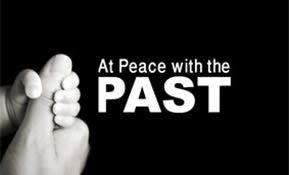
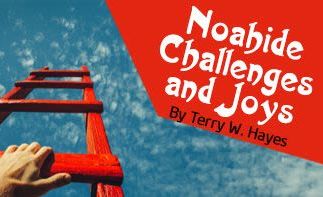
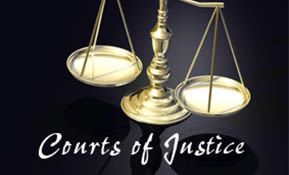
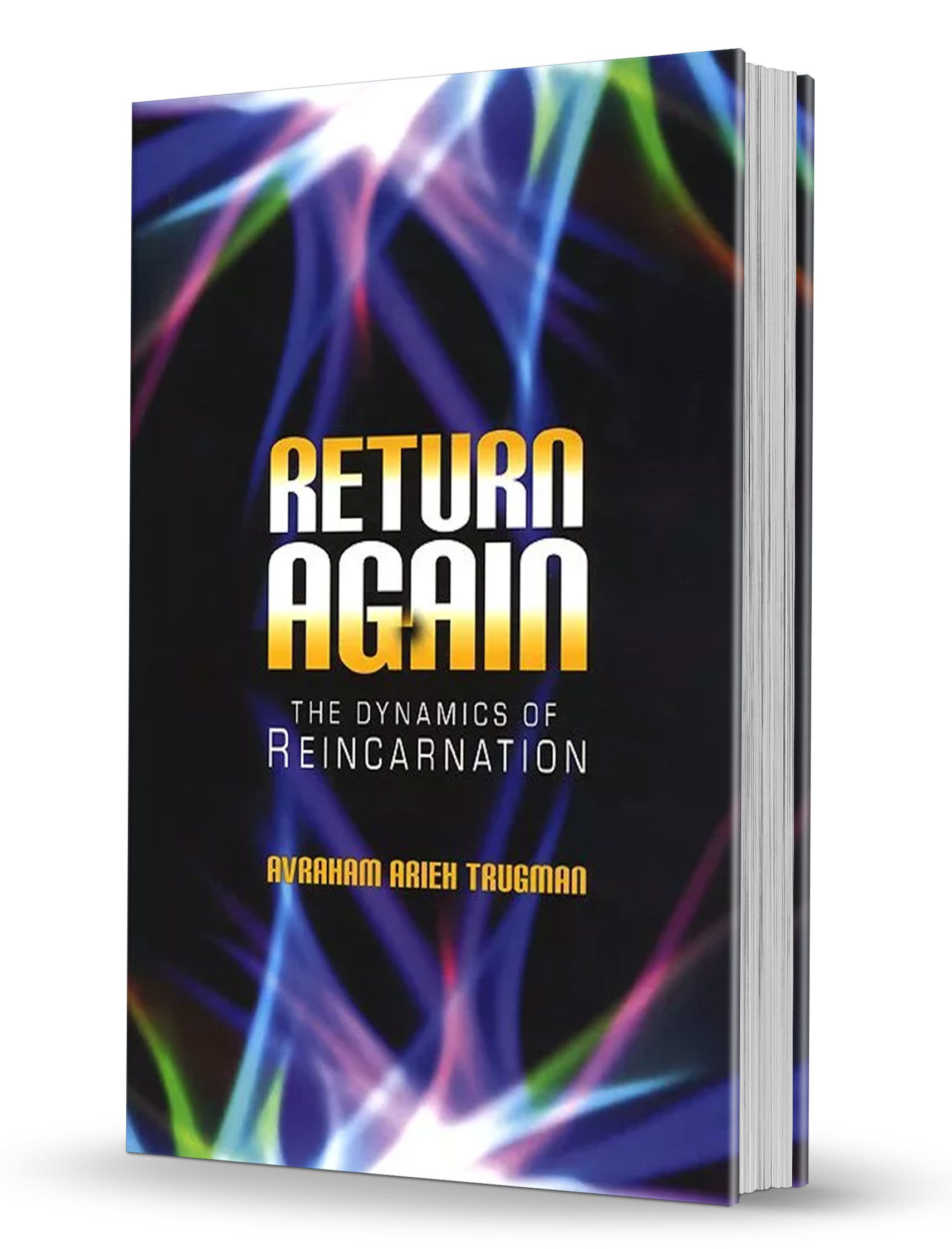
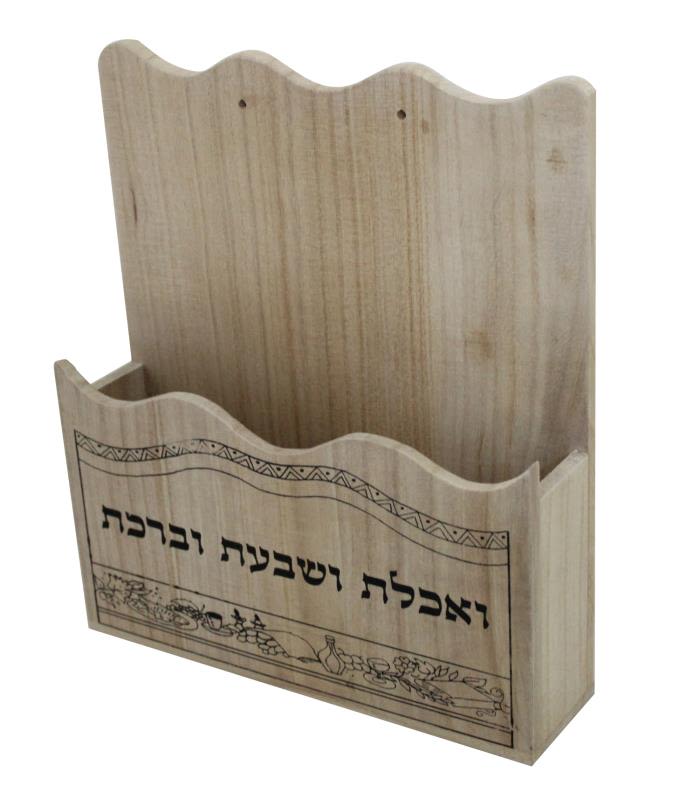
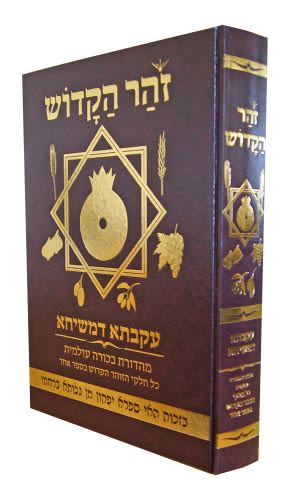


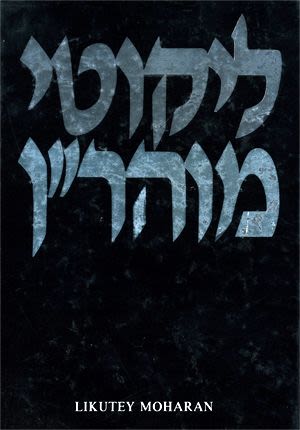
3/03/2024
Hi Anna,
Thank you for your question!
The quote “A heathen who studies the Torah deserves death” is attributed to Rabbi Yohanan in Sanhedrin 59a of the Talmud. To see an English translation, click here. Rabbi Yohanan explains why – The Torah is the inheritance of the Jews (“congregation of Jacob”), not of the non-Jews. This is the same reason that non-Jews are prohibited from fully keeping Shabbat. Both the Torah and Shabbat are a sign that the Jews have a relationship with Hashem that is unique from all other people.
That being said, the non-Jew is encouraged to study the parts of the Torah that pertain to Bnei Noach. Likewise, the non-Jew is encourage to make the Sabbath a special day, but not to observe all Shabbat halachot (laws).
3/02/2024
Why does Ramban say “A gentile who studies the Torah is obligated to die. They should only be involved in the study of their seven mitzvot.” This cannot be correct.
4/20/2023
Your site is very good, I liked the information. Grateful. 56720648